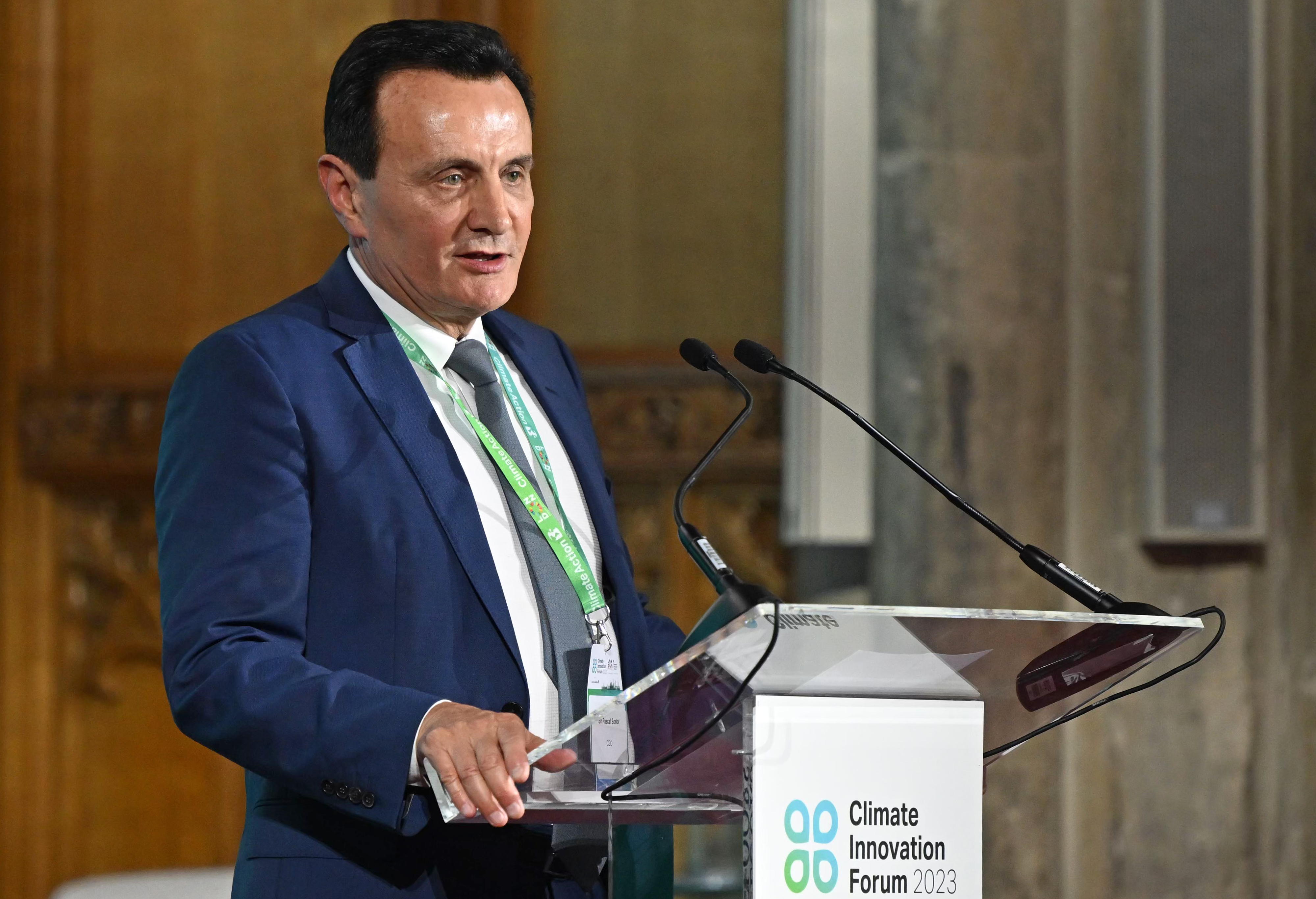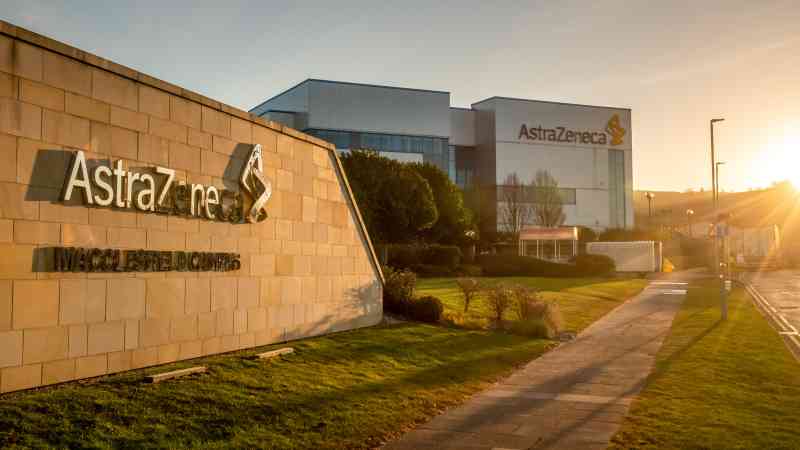The Treasury has insisted it remains in “positive discussions” with AstraZeneca over the pharmaceutical company’s planned £450 million investment in a vaccine manufacturing facility in northwest England.
Doubts over the investment have surfaced following a report that the Treasury has sought to cut the amount of state support for the project to £40 million, below the at least £65 million Jeremy Hunt, the former chancellor, is understood to have verbally offered AstraZeneca to expand its nasal flu vaccines plant in Speke.
AstraZeneca’s investment, including a separate £200 million expansion of its global research and development in Cambridge, were trumpeted by Hunt during his budget speech in March. Hunt had hailed AstraZeneca as “one of our greatest life science companies led by the irrepressible Sir Pascal Soriot”.

Soriot, its chief executive, also declared AstraZeneca’s “confidence in UK life sciences”, but he has at times been critical of the UK’s operating and fiscal environment. Following Labour’s election victory last month the Treasury under Rachel Reeves, the chancellor, is reviewing spending decisions taken by the previous government.
Maria Eagle, the Labour MP for Liverpool Garston, whose constituency includes AstraZeneca’s Speke site, is understood be planning to hold a meeting with the government’s Office for Life Sciences on Wednesday in an attempt to secure the investment.
A spokesman for the Treasury said: “We are committed to making the UK one of the best places in the world to develop and manufacture new and innovative medicines. The chancellor receives regular updates on this planned investment in Speke, and we are in positive discussions with AstraZeneca to support its delivery.”
AstraZeneca, whose value on the London stock market surpassed £200 billion this week, cementing its position as the most-valuable UK-listed company, declined to comment on the report in the Financial Times.
Soriot, 65, said last month at the company’s half-year results that it was “absolutely ready to go” with its expansion in Speke and the contract with the government “is going through the process. So hopefully we can conclude this quickly and get on with the investment itself”.
Andrew Griffith, the shadow secretary of state for science, innovation and technology, said: “It is disappointing to see more evidence that the department is being emasculated by the Treasury and seems to be systemically downgrading our ambition to become a science and technology superpower.
“AstraZeneca’s plans to expand their vaccine plant in Speke was a big boost for Britain and it would be wrong to put this British success story in jeopardy.”
